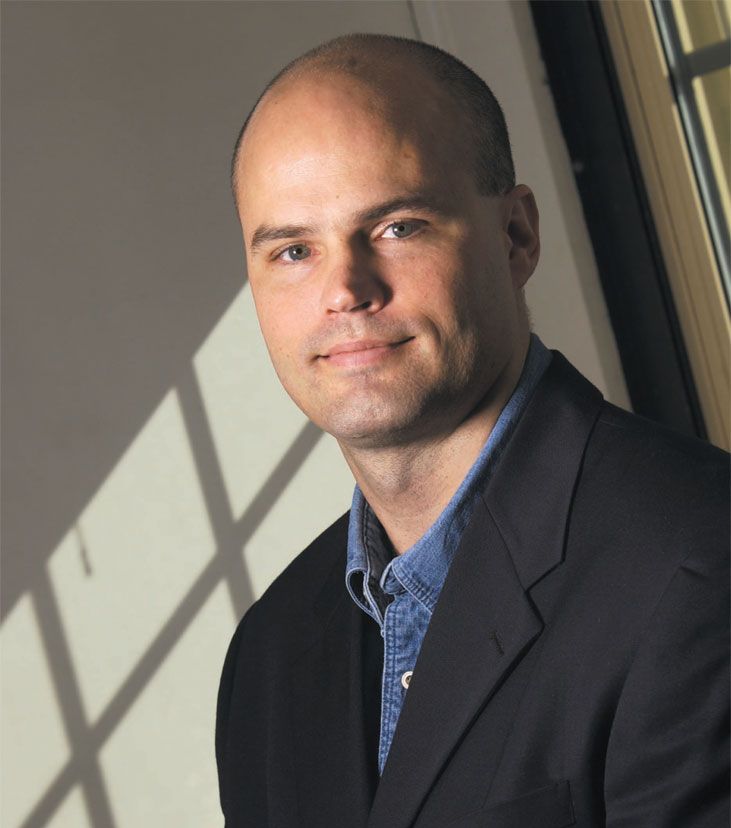Why people die by suicide

When he was only 39 years old, suicide researcher and survivor Thomas E. Joiner, PhD attained significant success in a brief 10-year career. He is a recipient of the coveted Guggenheim Fellowship – the only researcher in psychopathology or suicidology to ever attain this distinction. Dr. Joiner holds the Bright-Burton Chair in Psychology at Florida State University, realized a decade after Joiner’s own father died by suicide in 1990. His new and novel theory on why people become suicidal has been met with accolades from the field, and some suggest it could have significant impact on the current understanding of serious suicidal behavior and its origins. Here Joiner discusses his pioneering premise, its implications and how this work might contribute to saving lives.
Why People Die by Suicide is the title of your innovative book and is based on your “new” theory. Tell us about that.
I believe there are three causes of serious suicidal behavior. And all have to be present for someone to die by suicide. The first is perhaps most important: You cannot die by suicide until you’ve developed the capacity to die by suicide. Evolution has seen to it that we have a huge stake in self-preservation. It’s an incredibly strong instinct.
What do you mean by “developed the capacity” to die by suicide?
Trying suicide makes it less scary. It’s been shown that the more pain you endure, the more pain-tolerant you become. And, over time, that can make you fearless of it. Getting used to pain could involve drug use, prostitution, repeated painful experiences, but especially past suicidal behavior. At first it’s unpleasant, scary, painful. But repeated over time it can become a source of pain release. It’s this process that sets people on a trajectory toward overcoming self-preservation.
What are the other two things you believe need to be present for someone to take their life?
As I said, first you have to have the capacity. Then you have to have the desire to die by suicide. That desire is comprised of two elements: one, that you feel like you don’t belong to a valued family group or community. And, two, that you perceive yourself to be a burden to the people you love and care about; that your very existence hurts them.
These concepts of belonging and burden – are they new to the field?
Belongingness is the least novel. Social isolation and loneliness as risk factors for suicide are pretty well-known. The idea of being burdensome is not surprising but rather new. At least there’s never been a theory that has emphasized it.
Why is that?
A lot of people get distracted by (attributing suicidal behavior to) mood disorders. And that’s understandable. But just saying mood disorders are the cause is too simplistic; it’s not precise enough. Some researchers try to find the one thing that causes people to become suicidal. Beck emphasizes hopelessness, but that doesn’t explain why the vast majority of hopeless people don’t kill themselves.
What about the first concept – about developing the capacity to die by suicide?
That’s the newest. It’s the part that I think is going to surprise people.
How would your theory be applied in the field?
The idea of being a burden may affect treatment applications. And the capacity concept may influence risk assessment of suicidal individuals – to determine if they’re further along the trajectory toward developing the capacity to end their life.
So what’s next on tap for your theory and work?
To test it out with very large scientific studies.
What keeps you doing this work despite all the blood, sweat and tears?
Tomorrow 80 families in America will go through what I went through. And the day after that, another 80 families. That’s just in our country; there are 3000 families worldwide every day that lose a loved one to suicide. I’d like to put a stop to that.

